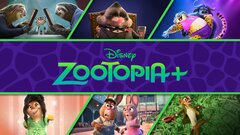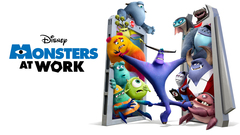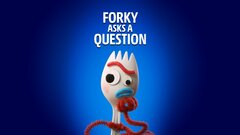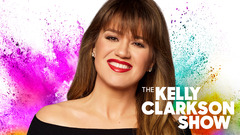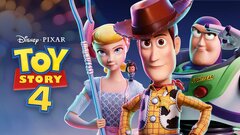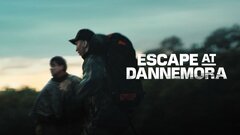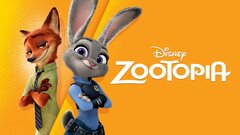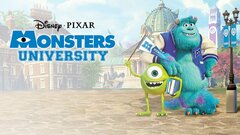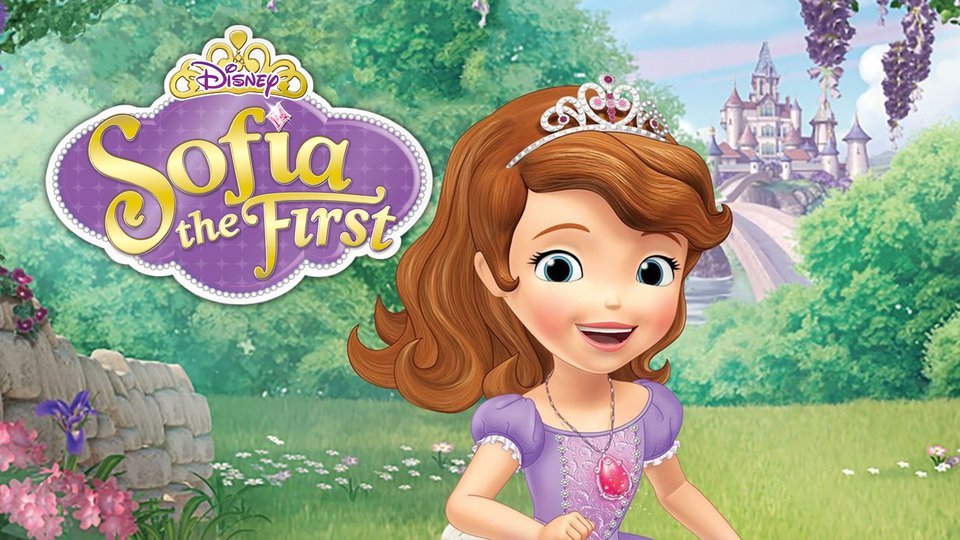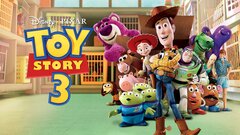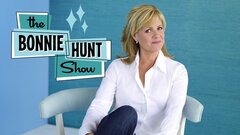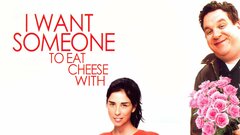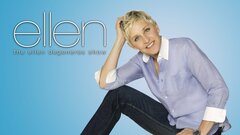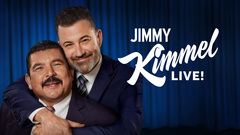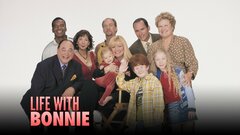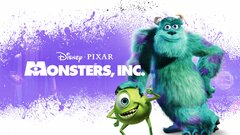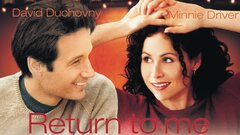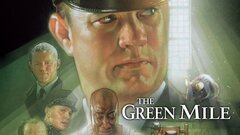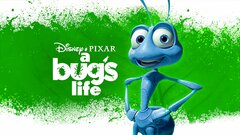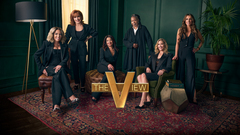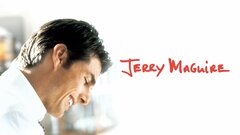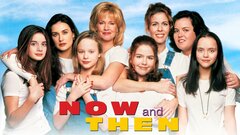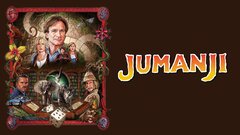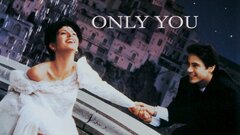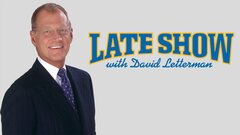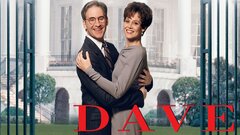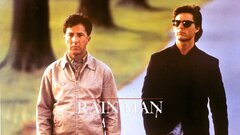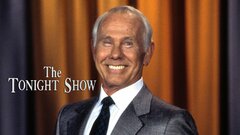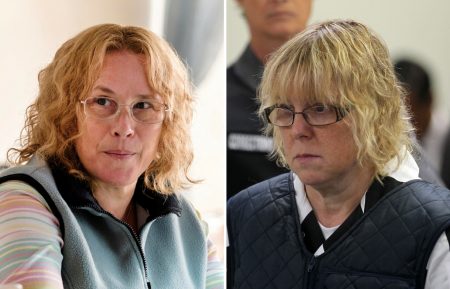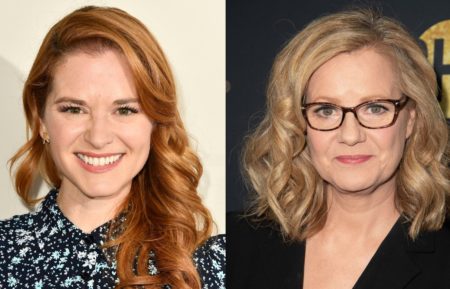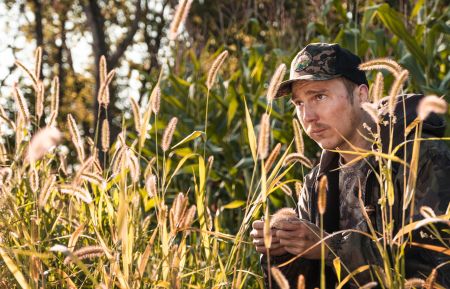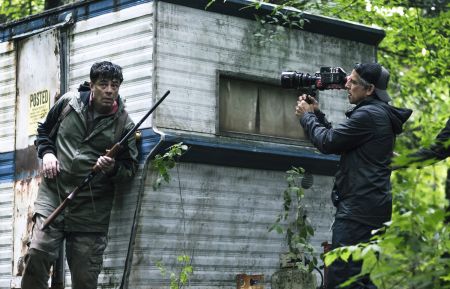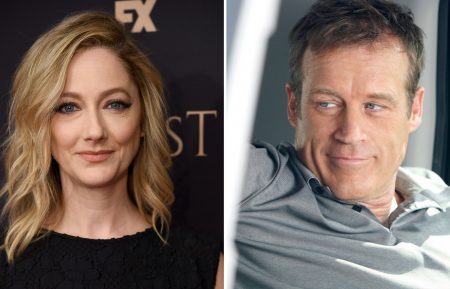Described by Entertainment Weekly as "the hands-down best (talk show) guest in America," Chicago comedy veteran Bonnie Hunt wore a number of creative hats in Hollywood before outdoing EW's compliment to become the creator and host of her own talk show, "The Bonnie Hunt Show" (Syndicated, 2008-10). The irreverent, chatty, daytime outlet proved a good fit for the comedienne whose accessible Midwestern persona and warmth had won over middle American audiences in sitcoms and supporting film roles in wholesome family comedies.
Behind the scenes, however, she was a serious and accomplished Hollywood producer, screenwriter, director and the creator of several primetime comedies. With her relatable comic point of view and bubbly gift of gab, audiences came to think of Hunt like a sister or best friend.
Chicago, IL native Bonnie Hunt was born on Sept. 22, 1964, and raised in a large, working class family. Her earliest interest was nursing, and she began working as a nurse's aide while still in high school before earning a nursing degree and landing a job at Northwestern University Hospital. It was while working as an oncology nurse that she began to pursue an interest in comedy and acting at night, co-founding the improv troupe, An Impulsive Thing, when she was just 20 years old.
Two years later, Hunt joined up with the famed Second City theater group, and went on to appear in their productions "Bright Lights, Night Baseball," "Jean Paul Sartre and Ringo" and "How Green Were My Values." She took three days off of her nursing job to shoot her feature film debut, Barry Levinson's Oscar-winning Best Picture "Rain Man" (1988), in which she had one scene as a waitress who spills toothpicks before an autistic Dustin Hoffman.
Hunt moved to Los Angeles shortly thereafter and helped launch a West Coast offshoot of Second City, while making her primetime debut as a regular on the short-lived, soap-like sitcom "Grand" (CBS, 1990).
In Hollywood, Hunt worked on developing ideas for her own sitcom and in the meantime stayed busy with a stint on the elementary school sitcom, "Davis Rules" (ABC, 1991/CBS, 1992), co-starring with Randy Quaid and Jonathan Winters and displaying her considerable comic talents while holding her own opposite the exuberant Winters as her father. In her first big screen leading role, she played second fiddle to both Charles Grodin and the galumphing Saint Bernard in "Beethoven" (1992), with whom she reunited for the sequel "Beethoven's 2nd" (1993).
Buoyed by her friendship with talk show host David Letterman, that same year Hunt created, wrote, co-executive produced (with Letterman) and starred in her own sitcom, "The Building" (CBS, 1993). The short-lived ensemble comedy featuring Hunt's Second City colleagues attempted to recreate the feel of an improvisational troupe with its rich characterizations and overlapping dialogue, but despite positive reviews, the show failed to find an audience.
Back to big screen supporting roles, she played Marisa Tomei's best pal in the uneven "Only You" (1994) and weathered whirlwind Robin Williams as his love interest in the blockbuster "Jumanji" (1995).
With Letterman's backing, Hunt launched a second primetime effort, serving as creator, producer, and star of the "The Bonnie Hunt Show"/"Bonnie" (CBS, 1995-96), in which she played a Chicago TV station reporter. Taped in real time without retakes, each episode combined scripted and improvisational material, including a "man-in-the-street" report by Hunt, but in spite of sterling reviews and a small but loyal following, the show died after one season.
There continued to be offers for the perky comedienne in film, and after a small role in the coming-of-age drama "Now and Then" (1995), she impressed reviewers as the bitter older sister of Renee Zellweger in Cameron Crowe's romantic comedy, "Jerry Maguire" (1996). "Getting Away With Murder" (1996), however, proved an embarrassment for Hunt and her co-stars Jack Lemmon, Lily Tomlin, and Dan Aykroyd, who played her ex-love.
Hunt remained busy with a starring turn as a woman trapped overnight in a locked subway exit in the "Fern's Heart of Darkness" segment of HBO's "Subway Stories: Tales From the Underground" (1997).
The multi-talented actress and writer signed to direct her first feature, "Convenience" in 1997, but when that project was put on hold, she resumed film work, voicing the character of Rosie the black widow spider in the delightful, animated adventure comedy "A Bug's Life" (1998), and playing Tom Hanks' plain-speaking, ever-warm wife in "The Green Mile" (1999).
Following small roles in "Kissing a Fool" (1998) and Sydney Pollack's anachronistic "Random Hearts" (1999), Hunt finally got an opportunity to direct at the helm of "Return to Me" (2000), co-scripted by longtime collaborator Don Lake. Shot almost entirely in her hometown of Chicago, the romance starred David Duchovny as a man who falls in love with Minnie Driver, the recipient of his deceased wife's transplanted heart. Also starring in the film, she and co-star James Belushi did manage to steal every scene they were in, appearing as good friends of the couple.
While not a spectacular critical success, her first feature bumped up Hunt's profile and she was given another TV deal; this time rolling out "Life with Bonnie" (2002-04) on ABC in 2002. The show revolved around Hunt as local Chicago morning show personality Bonnie Molloy, who finds it hard to keep her professional and personal lives separate.
Like Hunt's prior outings, "Life With Bonnie" was largely improvised, and also made its mark with guest spots by many of Hunt's showbiz colleagues such as Duchovny. The show was not on the air long before Hunt took near-total control, removing many of the writers and handling many of the production details herself. With her at the helm, the show was renewed for a second season as part of ABC's "TGiF" lineup, and the actress received Golden Globe nominations for Best Performance by an Actress in a Television Series - Musical or Comedy in both 2003 and 2004.
Her film career continued unabated and she teamed with Steve Martin to play the parents of a dozen demanding kids in the mild but commercially successful remake of "Cheaper by the Dozen" (2003). After struggling for ratings during its second season, "Life with Bonnie" was cancelled in 2004, though the star and creator walked away from that final season with an Emmy nomination for Outstanding Lead Actress in a Comedy Series. She went on to co-star in the indie family drama "Loggerheads" (2005), and reprised her role as the overburdened mother in "Cheaper By the Dozen 2" (2005), while planning her next project.
For Pixar Studios' animated blockbuster "Cars" (2006) Hunt had a scriptwriting credit and also voiced snazzy blue Porsche, Sally Carerra. The same year she co-starred in Jeff Garlin's feature directing debut, "I Want Someone to Eat Cheese With," a well-received indie about a self-deprecating comedian looking for love in Chicago.
She returned to television in the fall of 2008 with another small screen creation, a syndicated talk show that shared its name with one of her earlier projects, "The Bonnie Hunt Show" (Syndicated, 2008-10). With its incorporation of both everyday people and celebrity guests and Hunt's offhanded banter with the crew and audience, the well-received hour-long show proved a perfect outlet for Hunt's relatable, down-to-earth comedy style.

